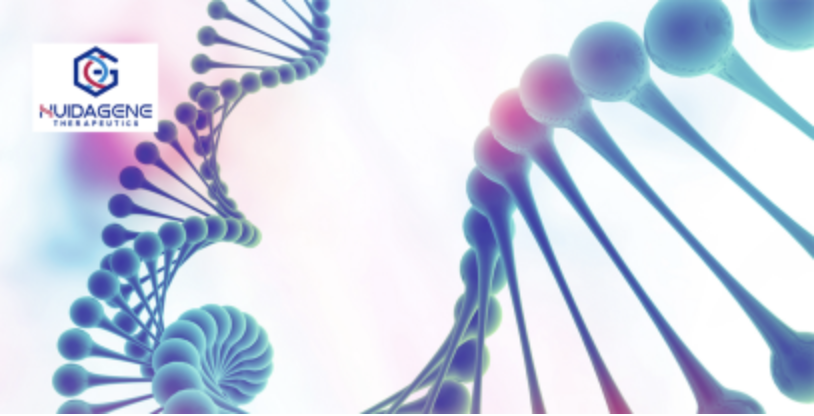CRISPR RNA Editing Goes Global: HuiDa's HG204 and the Race for Neurodevelopmental Treatments

2025 has emerged as a transformative year for CRISPR RNA editing, with HuiDa Therapeutics’ HG204 leading a global charge to address rare neurodevelopmental disorders—conditions affecting millions worldwide yet lacking approved treatments. Unlike permanent DNA-editing technologies, RNA editing offers reversible, precision targeting of gene expression, making it uniquely suited for fragile neurological systems. As the global rare neurological disease treatment market expands at a 9.7% annual rate—projected to reach 115.8 billion United States dollars by 2035—this innovation arrives at a critical moment for patients and families navigating conditions like MECP2 Duplication Syndrome (MDS) .
HuiDa’s HG204 broke new ground in December 2024 when the first patient was dosed in the international HERO clinical trial, marking the world’s first clinical evaluation of an RNA-editing therapy for MDS . The therapy delivers a proprietary high-fidelity RNA editor (hfCas13Y) via a single adeno-associated virus (AAV) vector, specifically targeting overexpressed MECP2 mRNA to reduce toxic protein levels. Preclinical data revealed striking results: in humanized mouse models, a single intracerebroventricular injection improved motor function, social behavior, and survival time, while non-human primate studies demonstrated stable brain expression for over six months. The Phase I/II HERO trial (NCT06615206) now enrolls male patients aged 2–18 across sites in China and the U.S., evaluating safety and efficacy through metrics like motor skill improvements and MECP2 protein reduction . This focus on pediatric patients addresses a critical gap, as MDS typically manifests in early childhood with severe developmental regression.

Global competitors are advancing parallel strategies, creating a dynamic innovation landscape. Editas Medicine, partnering with Genevant Sciences, showcased promising liver-targeted RNA editing data at the 2025 ASGCT conference, achieving 70% gene editing efficiency and 80% biomarker reduction in mouse models using lipid nanoparticle (LNP) delivery . While focused on hepatic diseases, their LNP platform offers scalability advantages over HuiDa’s AAV approach, though LNPs currently lack the brain-targeting precision needed for neurodevelopmental disorders. Meanwhile, Vertex Pharmaceuticals’ 2025 collaboration with Enlaza Therapeutics—backed by up to 20 billion United States dollars in potential milestone payments—prioritizes autoimmune diseases, diverging from neurological applications but demonstrating the broader commercial potential of gene editing technologies .
Regulatory frameworks are undergoing continuous evolution to expedite the advancement and adoption of these therapies. The FDA granted HG204 Orphan Drug designation, providing HuiDa with seven years of market exclusivity upon approval, while the European Medicines Agency (EMA) has streamlined clinical trial requirements for rare neurological indications. Such policies are crucial: with MDS affecting approximately 1 in 10,000 males globally, orphan designations incentivize development for small patient populations. HuiDa is leveraging these advantages, securing 100 million United States dollars in Series B funding to expand the HERO trial to European sites in early 2026.
Challenges remain, particularly in accessibility and long-term safety. Current production costs position HG204 at over 300,000 United States dollars per treatment, raising equity concerns, while RNA editing’s transient effects may require periodic re-administration—though HuiDa’s preclinical data suggests durable effects. “We’re balancing precision with practicality,” notes Dr. Alvin Luk, HuiDa’s CEO. “HG204 isn’t just a scientific breakthrough; it’s a commitment to families who’ve waited decades for treatment.”

As 2025 progresses, HG204’s clinical journey and competing technologies highlight RNA editing’s potential to redefine neurodevelopmental care. With regulatory pathways clearing and market demand surging, this global race isn’t just about scientific firsts—it’s about delivering on CRISPR’s promise to transform lives, one precise edit at a time.
(Writer:Cily)

